“It is an illegal and unfair practice to refuse to return a consumer’s personal property until a fee is paid.” – CFPB
EDITORIAL
Fifty states and with only nine providing guidance on the handling of personal property from repossessed vehicles. While many agree that this unpleasant and often dangerous duty that accompanies the repossession process warrants compensation to the repossession companies providing it, federal regulatory statements and actions have muddied the waters of clarity of responsibility of just who should pay for it.
This often-vague compliance issue had almost always been considered to be the responsibility of the repossession company by most lenders, but last years $5M consent order issued by the Consumer Financial Protection Bureau (CFPB) again Nissan Motor Acceptance Corporation (NMAC) has every major lender in the nation taking a second look.
In October of 2016, the CFPB issued a bulletin (page 5 section 2.2) that it had issued supervisory actions against lenders over personal property fees to a series of undisclosed lenders to whom they returned more than $11 million to more than 225,000 harmed consumers over auto loan servicers refusal to return personal belongings from a borrower’s repossessed car unless the borrower paid a storage fee. If borrowers did not pay the fee in the allotted time, usually 30-45 days, depending on the state, the companies would dispose of the property instead of returning it to the borrower.
The CFPB then stated; “It is an illegal and unfair practice to refuse to return a consumer’s personal property until a fee is paid.“
Does that mean that the agency is not allowed to charge a fee? That’s not what is says, does it?
Does that mean that it is the lenders responsibility to pay for the personal property removal and storage? It doesn’t say that either. Hence the dilemma.
The issue of personal property inventory and removal, a process that has been going on for almost one hundred years under the old traditional methods, now sits in a state of quagmire. Damned if you charge the borrower and damned if the lender wants to pay. It’s an issue that has the entire lending and repossession world in a quandary over and clarification from the CFPB seems to be contradictory to their motives, which seem to be spelled out in punitive fines that they broadcast proudly to the world as evidence of their consumer rights advocacy.
As previously mentioned, there are fifty states with nine clear sets of laws that authorize repossession agencies to charge for the removal, inventory and storage. This regulatory guidance from the CFPB is clearly contradictory to the state laws. But if we read the wording of the CFPB ruling, they seem to find no fault with the overall process, just the charge of fees and disposal of unpaid for property.
So, what does this mean to the repossession agents who have to dumpster dive into these vehicles and store so much refuse? What does this mean to the lender, who now have to worry about possible retaliatory sanctions by the CFPB? Does the borrower bare no responsibility? Does anyone have the legal authority to charge for this?
While there is no clear right answer to this, there is guidance available and it starts with looking at the states that do and do not have laws pertaining to this and employing a national personal property best practices standard to those states where no clear guidance exists.
It’s now been almost five years since the CFPB issued it’s findings on the matter and the entire repossession and auto lending world is still fluttering in the wind for clear and actionable federal regulatory guidance. In the absence of such guidance, the CFPB can more or less, pick and choose at it’s whim who and when to strike with this trap next. And strike they will, over and over, to the tune of millions and millions, while remaining silent of any clear advice for anyone who wishes to be compliant. Being a self-funded federal regulatory entity who answers to no one has it’s benefits I suppose.
The Personal Property Trap – 50 States, Nine Laws and the CFPB – Consumer Financial Protection Bureau – CFPB – Repossession



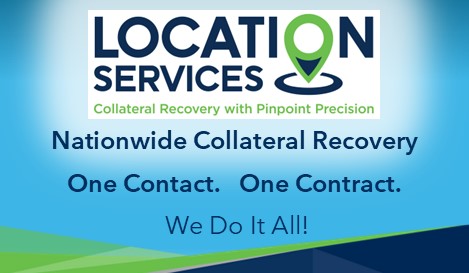


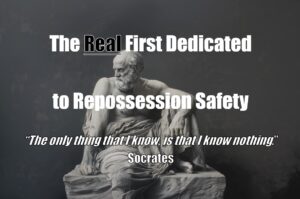
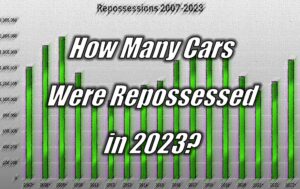



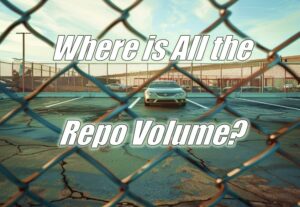
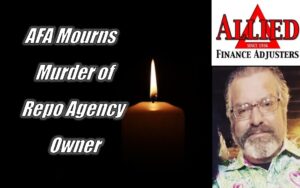

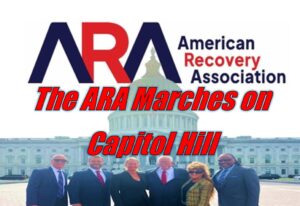

Facebook Comments